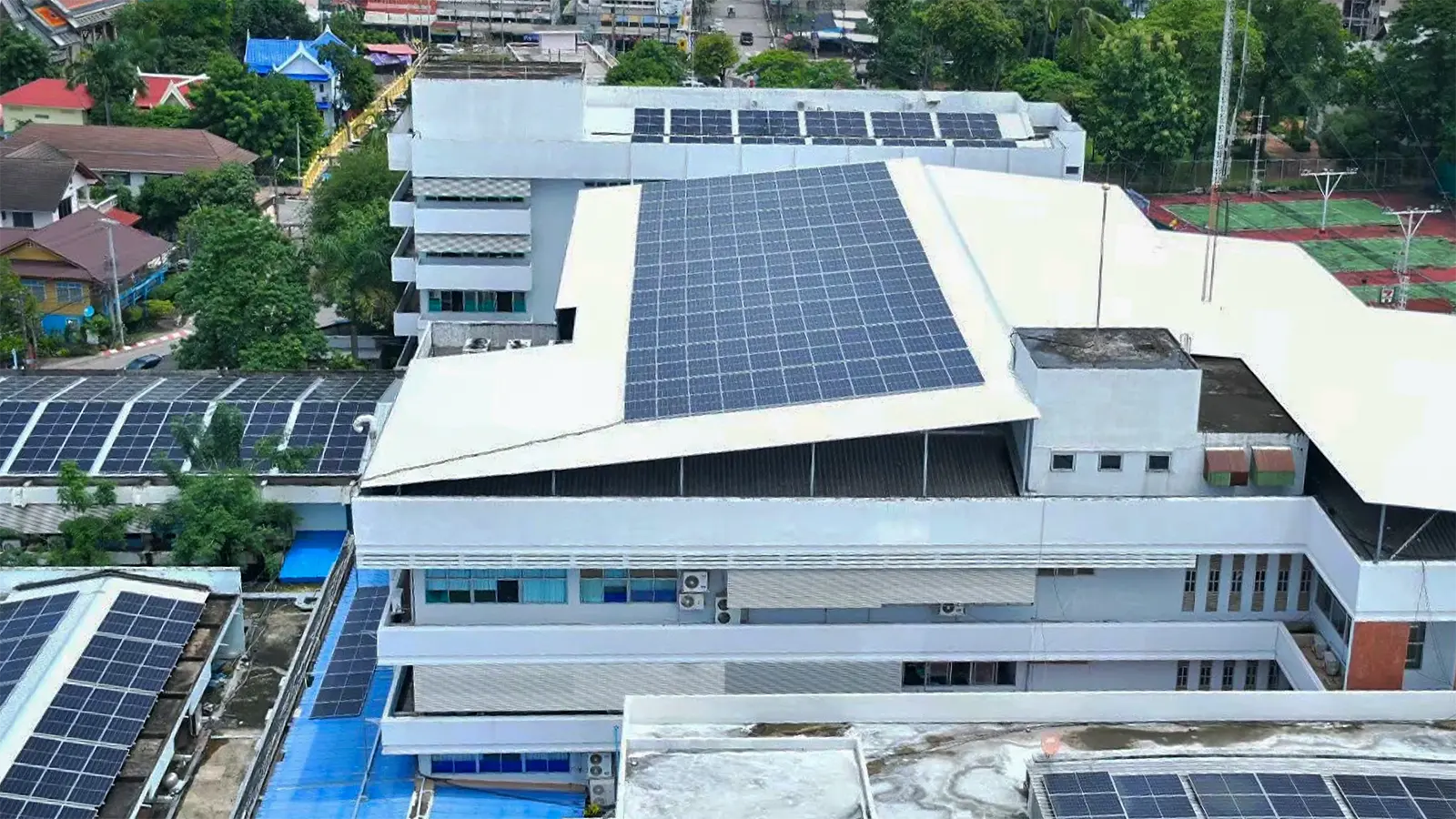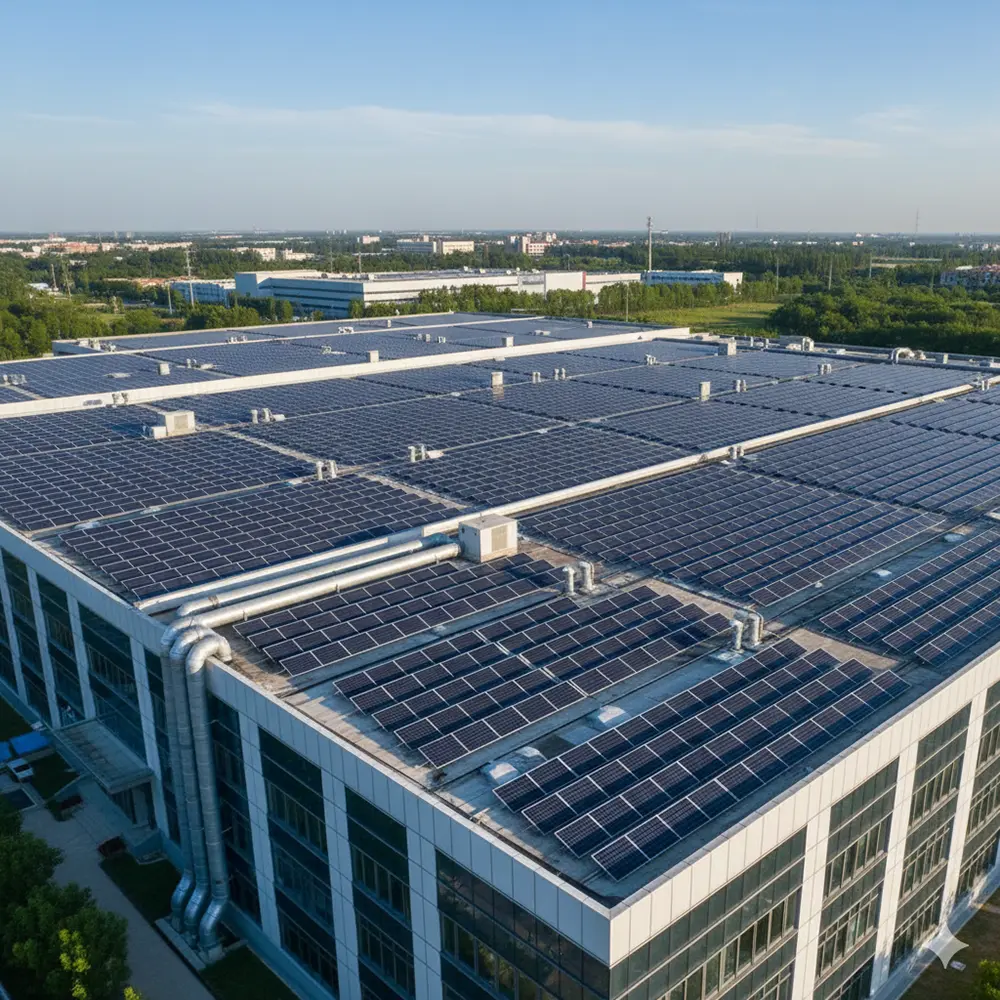News and activities
Install solar cells with confidence: Know the standards and certifications to build credibility for your system
26 August 2025
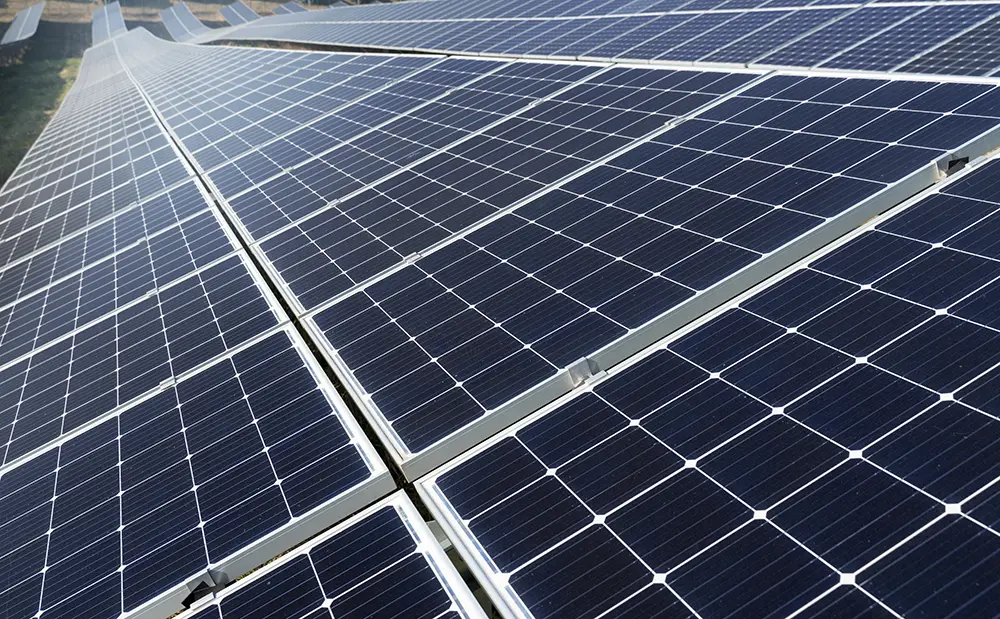
Installing a solar system is a long-term investment that requires confidence and trust in the quality of the equipment and installer. One key factor in building this confidence is the various standards and certifications associated with solar systems. This article will help you understand the importance of these standards and certifications, as well as how to check them, so you can be sure your solar system is high-quality and safe.
Why are standards and certification important for solar PV systems?
Standards and certifications are like “quality assurance marks” that give consumers like us confidence that products and services have been tested and meet specified requirements. For solar cell systems, standards and certifications are important in several ways, as follows:
- Equipment Quality and Safety: Standards stipulate requirements for the quality, materials, design, and safety of solar panels, inverters, and other equipment, ensuring they are durable, efficient, and safe to use.
- System Performance: Some certifications indicate the power generation efficiency of solar panels, allowing consumers to compare and choose products with the efficiency they need.
- Installer's Credibility: An installer's certification demonstrates that the installer has the knowledge, expertise and experience to install solar cell systems according to standards.
- Certification from a trusted agency: Standards and certificates are usually issued by independent, recognized and specialized agencies, making them reliable and impartial.
- Access to benefits and support measures: In some cases, having certified products and installers in accordance with standards may be a condition for accessing benefits or support measures from the government.
Standards related to solar cell systems that you should know
There are many standards and certifications associated with solar PV systems, which can seem complicated, but here are the main ones you should know:
– Standards for solar panels
- IEC 61215: International standard for the design and classification of crystalline silicon solar cells.
- IEC 61646: International standard for design specifications and types of thin-film solar cells.
- IEC 61730: International standard for safety requirements for solar panels.
- UL 1703: Safety standard for solar panels in the United States.
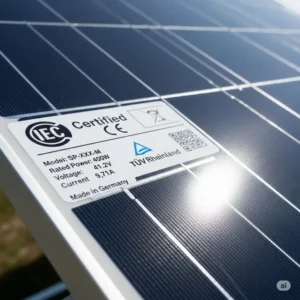
– Standards for inverters
- IEC 62109: International standard for safety requirements of inverters used in solar power generation systems.
- VDE 0126-1-1: Safety standard for inverters in Germany, accepted in many countries.
- EN 50549: European standard for grid-connected inverters.
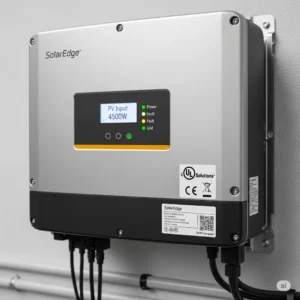
– Standards for systems and installers
- IEC 62446: International standard for requirements for testing, commissioning and maintenance of photovoltaic power systems.
- NABCEP (North American Board of Certified Energy Practitioners): An internationally recognized certification for solar installers in North America.
- ISEA (The Independent Energy Auditors Association): An independent energy auditor association that may certify solar cell auditors.
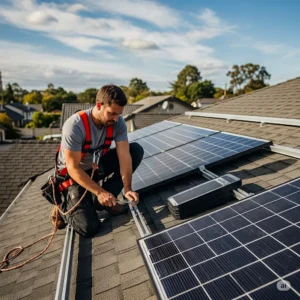
How to check the certificate of installer and equipment
To ensure the quality and reliability of your solar system, you can check the installer and equipment certifications as follows:
1. Check documents and certificates.
- Request a copy of a certificate: Request a copy of any relevant certificates from the installer and equipment supplier, such as IEC, UL, VDE standards certificates or installer certificates from reputable agencies.
- Verify Validity: Verify the company name, the date the certificate was issued, the issuing authority, and the scope of the certification to ensure it covers the product or service you are seeking.
- Ask for details: If you have any questions about the certification, please do not hesitate to ask your installer or distributor for more information.
2. Check from online sources.
- Certification Authority Website: Many certificate authorities have online databases where you can verify the validity of their certificates.
- Manufacturer's Website: Quality solar equipment manufacturers often display product standards and certifications on their websites.
- Government Agency Websites: Government agencies involved in promoting solar energy may have lists of certified installers or information on relevant standards.
3. Consider the experience and reliability of the installer.
- Request References: Ask the installer about their experience installing solar systems and request references from past customers.
- Review Portfolio: View past installation projects to assess quality and professionalism.
- Choose a licensed installer: Verify that the installer has a valid business license.
Things to remember
- Don't hesitate to ask: If you have any questions about standards and certifications, it's best to ask your installer or distributor for clarification.
- Choose someone knowledgeable and experienced: Choosing an installer who is knowledgeable and understands standards will help ensure that your system is installed to the required standards and is safe.
- Compare offers: Consider offers from multiple installers and compare prices, equipment quality, and certifications.
Paying attention to standards and certifications for your solar PV system is a worthwhile investment to ensure you have a quality, safe, and efficient system in the long run. Thoroughly checking the certifications of your installer and equipment will reduce risk and give you confidence in your sustainable switch to clean solar energy. For more information, please contact Energy X Co., Ltd.
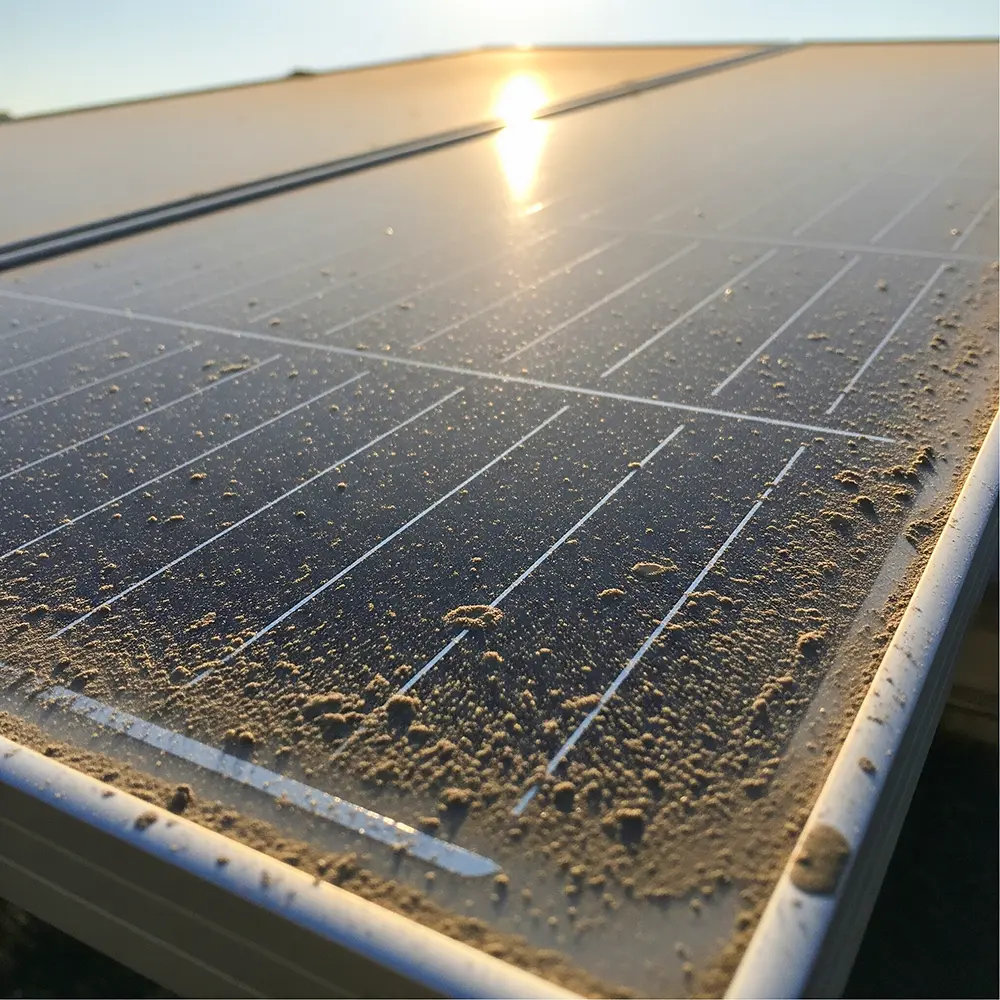
- 25 September 2025

